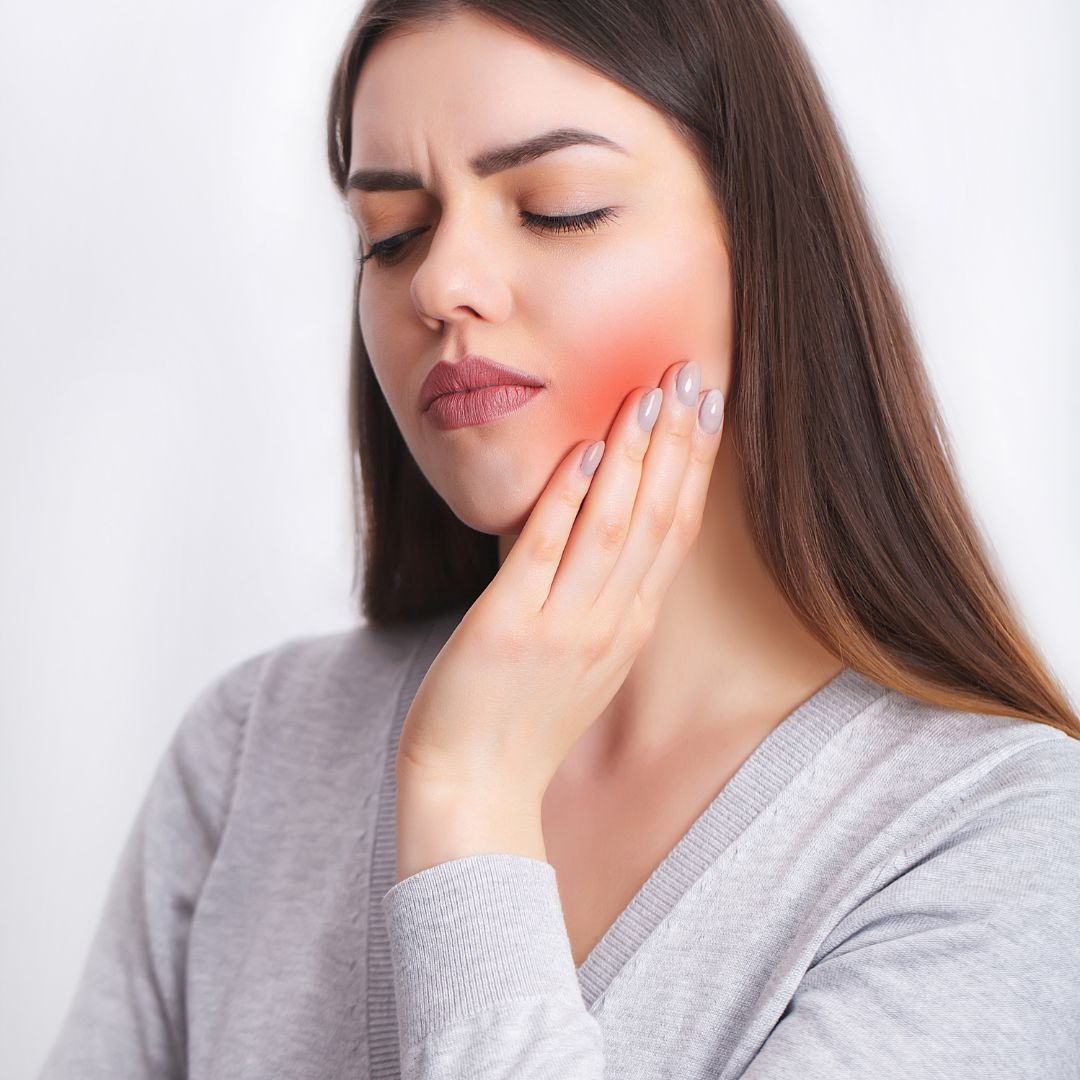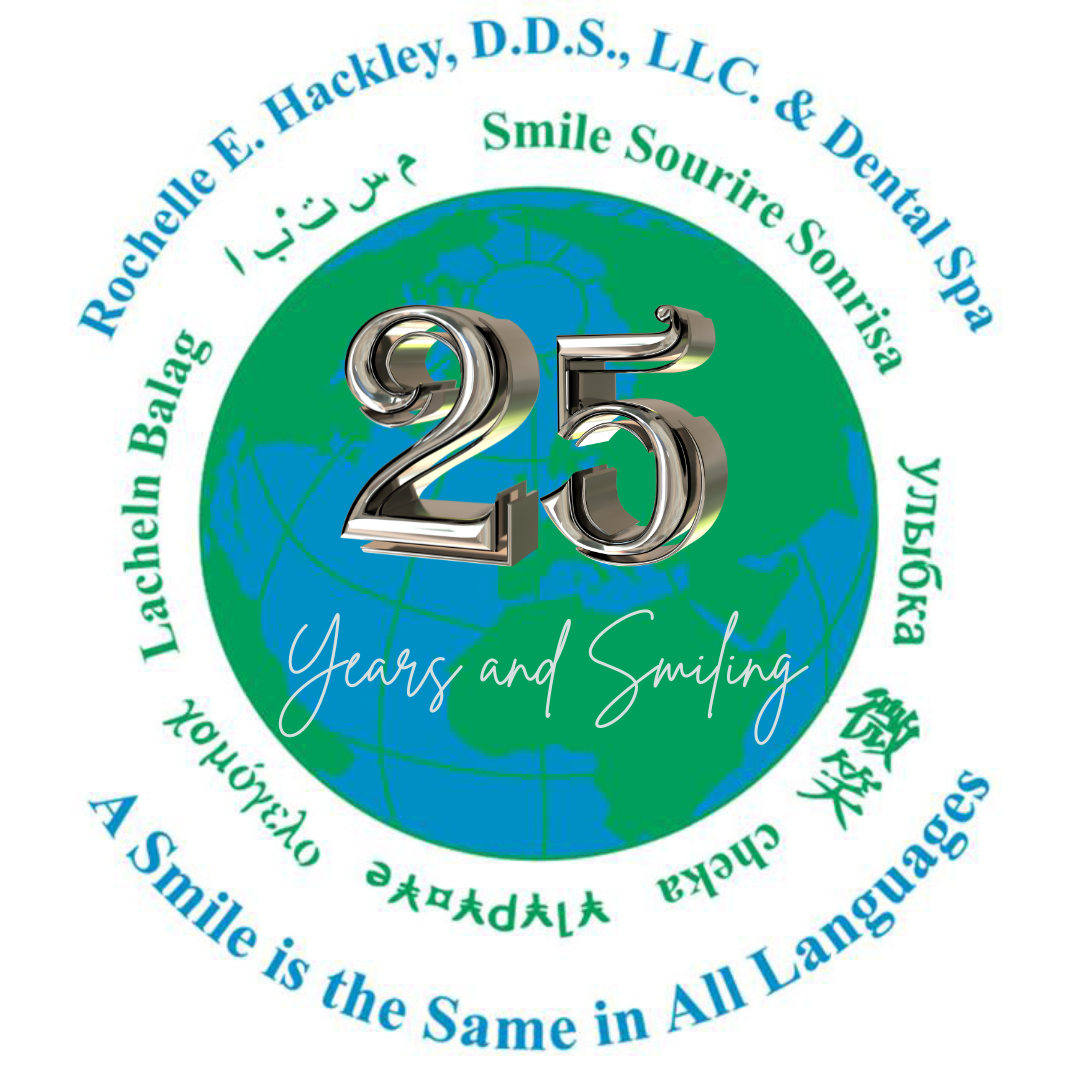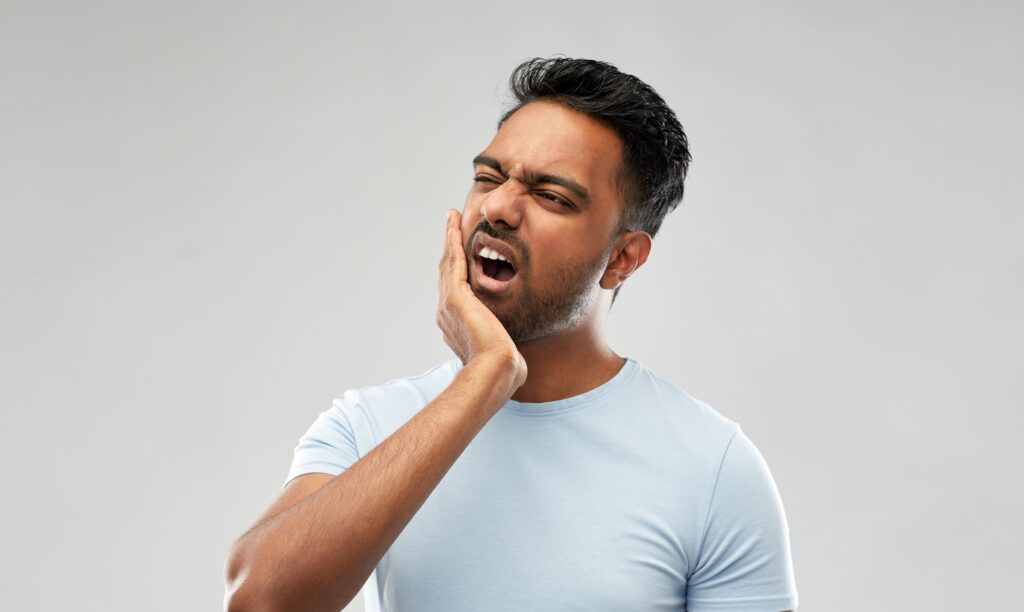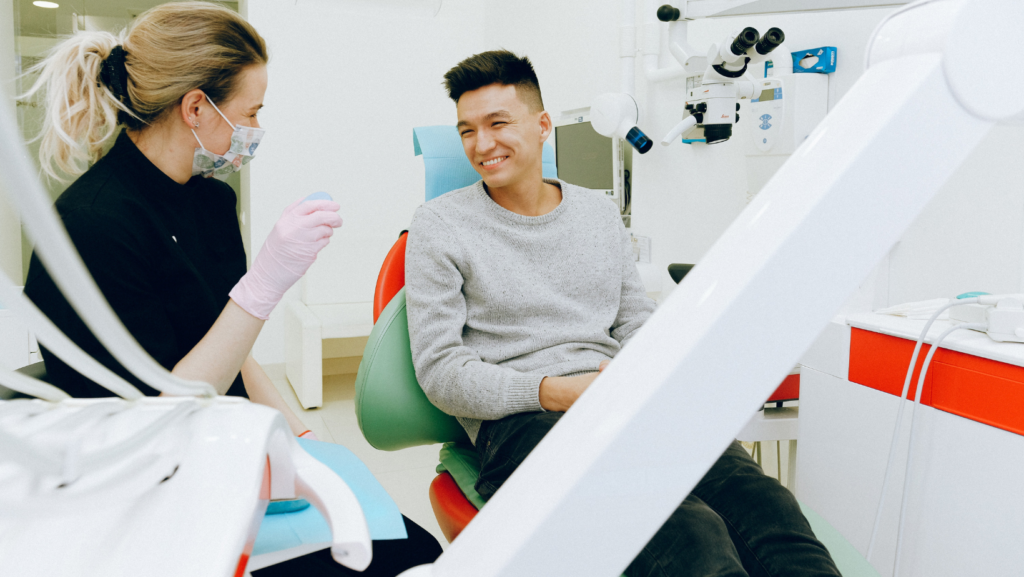Temporomandibular joint disorder (TMJ) affects millions of people, leading to jaw pain, headaches, and difficulty chewing. If you’re struggling with TMJ symptoms, you might have tried nightguards, physical therapy, or even medication without much success. But did you know Botox is an effective treatment for TMJ? Read on to learn more about Botox for TMJ near Bethesda.
What Is TMJ and How Does Botox Help?
TMJ disorders occur when the temporomandibular joint, which connects your jaw to your skull, becomes misaligned or strained. Common symptoms include jaw stiffness, ear pain, and a clicking or popping sound when you chew or open your mouth.
Botox works by relaxing the jaw muscles that contribute to this strain. When injected into targeted areas, Botox temporarily reduces muscle activity, relieving tension and minimizing pain. It directly addresses the root cause of muscle-related TMJ discomfort.
Benefits of Botox for TMJ
Choosing Botox for TMJ near Bethesda offers several benefits. It is minimally invasive, requires no recovery time, and provides fast-acting relief. Many patients report improvements in jaw mobility and reduced pain within a few days of treatment.
Another benefit? It can also soften the appearance of a tense or square jawline. This makes it a dual-purpose treatment that enhances both function and aesthetics.
Botox for TMJ Near Bethesda – Contact Us Today!
At Hackley DDS, we specialize in providing personalized care to address your unique needs. Our team understands how debilitating TMJ can be. If you’re considering Botox for TMJ near Bethesda, we’ll ensure your experience is comfortable and results-driven.
We can provide a thorough evaluation and tailor a treatment plan to your specific needs. If you’re experiencing symptoms, contact us today! Don’t let pain control your life. Schedule a consultation today and take the first step toward lasting relief.
What helps TMJ pain? Smiling, laughing, chewing, talking- all of these facial movements come without a second thought. But, if you have TMJ those simple, natural movements could cause you a lot of pain and discomfort. Here are some tips from your local dentist on managing TMJ pain.
Understanding TMJ, TMD, and Jaw Pain
Temporomandibular disorders, including arthritis, dislocation, injury, infection, or stress can cause painful clicking and locking of the jaw joint, neck pain, headaches, and tinnitus. The temporomandibular joint is where the lower jawbone meets the skull. The muscles and ligaments in this joint allow you to move your mouth.
While TMJ symptoms may not last long for some people, they can last for years for other patients. This included pain and discomfort that is worsened by clenching, swallowing, chewing, or grinding teeth. Here are some ways you can manage your symptoms.
Relax
Yes, really. To help alleviate TMJ pain you should minimize wide jaw movements like chewing, yawning, yelling, or singing. Keep your muscles as relaxed as possible.
Reduce Stress
Another great way to help minimize pain and discomfort associated with TMJ is stress management. Yoga, meditation, gardening, and other relaxing activities can help you loosen and relax your jaw as well as calming your mind.
Stop Slouching
Sitting in an uncomfortable position for longer periods can cause you to feel more pain in your jaw. When you are sitting, choose a chair with good back support, and take frequent breaks to improve your posture. When driving, watching TV, or reading sit upright and ensure that your back is supported.
Exercise Your Jaw
Jaw exercises increase mobility in your joints and help alleviate pain. The best jaw exercises include:
Sleep Well
Getting good quality sleep is important for overall health. To help reduce TMJ pain you should sleep on your back and use pillows to support your neck. Don’t sleep on your stomach or tuck your hand under your jaw when sleeping.
Correct Bad Habits

There are certain habits or tendencies that can lead to temporomandibular joint disorders. These include things like:
- Grinding your teeth
- Clenching your teeth
- Nail biting
- Resting your jaw in your hand
- Chewing cheek and lips
- Clenching jaw muscles and pushing tongue against the teeth
Take note of these unhealthy habits and discuss them with your doctor.
Heat & Cold for TMJ
Ice or a cold compress can help reduce swelling and pain. Alternatively, heat helps increase blood flow and relax your jaw muscles. Apply a hot or cold compress for 15-20 minutes at a time for pain relief.
[Related: Botox for TMJ]
Avoid Triggers
There are certain foods and activities that can trigger TMJ pain. These typically involve opening your mouth forcefully or moving your jaw in an extreme way. Try to avoid the following:
- Chewing gum
- Yawning
- Yelling
- Eating foods that require prolonged chewing
- Crunchy or hard foods
- Taking large bites of food
Treatment Options for TMJ
For some people, at home pain relief exercises may not be enough. Some patients need treatment to alleviate their pain and discomfort. There are different options for this depending on your anatomy and the cause of your TMJ.
What Helps TMJ Pain? TMJ Dentist in Rockville Maryland
Don’t suffer with TMJ pain. If at home treatments aren’t helping, you need to see a professional. We can do an exam, discuss your history, and create a customized treatment plan to minimize your TMJ pain. To learn more about your treatment options for TMJ please contact Hackley DDS today. Our TMJ dentist in Rockville Maryland is ready to help you.
Botox for masseters in Rockville can transform your jawline and have significant impacts on oral health. If you experience teeth grinding, jaw clenching, or Bruxism, Botox for masseters in Rockville can help. Here’s how.
What is The Masseter Muscle

The masseter muscle is a thick, powerful muscle located at the back of the jaw. It stretches from the jawbone up to the cheekbone. This is one of the strongest muscles in the human body relative to its size.
The primary function of the masseter muscle is to move he jaw up and down during chewing. However, it also plays an important role in the shape of your face. Masseters work together with other muscles to elevate and close the mandible, and action essential to biting, clenching, and maintaining stability of the jaw.
The end result is that these muscles have a significant say in your overall facial aesthetic. They contribute to the shape and contour of the lower face, particularly the jawline. Well developed masseters can create a strong, defined appearance (think Henry Cavil). However, an overly prominent masseter can give a square-shaped, or chubby looking jawline.
Masseter Botox in Rockville and Bethesda
Masseter Botox is a non-surgical solution. This treatment involves injecting Botox into the masseter muscles. As with traditional Botox treatments, masseter Botox relaxes the overactive jaw muscles. This creates a slimmer, more angular face structure. It also reduces the tension and discomfort that overactive masseters cause.
Benefits of Masseter Botox
There are several benefits of masseter Botox in Rockville. First, you get relief from the symptoms of Bruxism. This involuntary clenching causes jaw pain, headaches, and damage to your teeth. Botox can alleviate these symptoms.
In addition to eliminating the symptoms of Bruxism, masseter Botox also reduces facial tension and pain associated with stress. Relaxing these muscles help relieve excess stress and tension, reducing facial pain and discomfort. Masseter Botox has also shown effectiveness in resolving pain associated with temporomandibular disorders.
Another great benefit is enhanced facial aesthetics. This treatment can create a more defined and slimmer jawline, resulting in a more attractive look. Additionally, Botox for masseters works wonderfully in conjunction with treatments like dermal fillers to improve the overall balance and harmony of your face.
Botox for Masseters in Rockville
If you are ready to alleviate pain or sculpt your jawline, it’s time to consider masseter Botox. Contact Hackley DDS today to learn more about this treatment and find out if it’s right for you. Dr. Hackley is a skilled injector with an eye for aesthetics and a deep understanding of facial anatomy. She can help you with your facial aesthetic goals.
Many people know Botox injections as a cosmetic procedure designed to minimize the appearance of fine lines and wrinkles. And while that may be true, Botox also treats a myriad of other conditions. In dentistry, we prescribe Botox for TMJ (temporomandibular joint disorders). Keep reading, and we’ll explain.
What is Botox for TMJ?
Believe it or not – Botox treats 20+ medical conditions that affect the muscles, TMJ being one of them. If you’re not already aware, TMJ is a painful muscle disorder that causes the muscles to tighten from stress and strain, causing:
- Jaw stiffness
- Pain when chewing
- Chronic headaches and migraines
- Painful clicking and/or popping when opening the jaw
Because Botox prevents our muscles from contracting, it’s highly effective in relieving pain in the jaw, face, and general head area. And in addition to using Botox for TMJ, this injection treats: 
- Bruxism
- Mandibular spasms
- Trismus (aka Lockjaw)
- Denture discomfort
Where Is It Injected?
Botox is carefully injected into the masseter, temporalis, and pterygoid muscles. And the recommended dosage is a diluted 200 units/4 mL or 100 units/2 mL for chronic migraine pain also associated with TMJ.
Is Botox for TMJ Worth It?
Wondering if it is worth it? A 2003 study demonstrates a 90% improvement in pain from chronic headaches and face pain in patients who weren’t responding to other forms of pain management. By forcing the jaw muscles to relax, many patients experienced pain relief, as well as lessened anxiety, better sleep, and less tooth sensitivity.
Dentist Who Does Botox Near Me
Looking for a dentist who administers Botox for TMJ? With ample experience in both general dentistry and cosmetic procedures, Dr. Hackley is the one for the job. Contact our team to set up an appointment.







